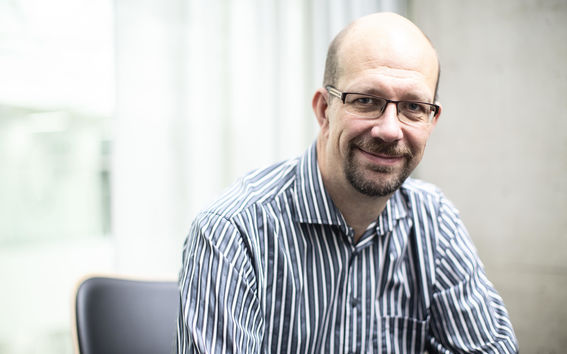Electronic Circuit Design

The Master's and Doctoral level expertise in electronics is achieved by involving students in cutting edge research on timely topics in microelectronics, offering them necessary skills and education in circuit theory and design, signal processing and control theory forming a solid base for high-quality analog and digital electronics desing. The research is supported by industrial partners and public institutions, offering the students a low threshold contact interface to their future employers already at the pre-graduation phase of career.
ECD Research Groups
The ECD unit comprises of four research groups: Prof. Kari Halonen Group, Prof. Jussi Ryynänen Group, Prof. Marko Kosunen and Prof. Kwantae Kim group.
Jussi Ryynänen Group
Aalto University research infrastructure for ECD offers state of the art design tools for integrated circuit design and high-quality measuring tools. Latest nanoscale CMOS technologies enable seamless collaboration with industry partners in research and development of different kinds integrated circuits for data communications and sensor applications. In addition, there is a lot of in-house collaboration with different research groups inside Aalto University, e.g. in the fields of antennas, wireless sensors and wireless communication.

Kari Halonen Group
Sensor electronics and energy harvesting for wireless sensor networks, wearable, and implant applications research provides solutions for signal acquisition, power control and communications for wireless sensor devices of Internet of Everything and personalized customer electronics. As IoE devices merge the physical environment and internet seamlessly, the wearable and implant applications targets for improved personalized user experiance through advanced wireless user interfaces and information acquisition for personal health and well-being applications. The research aims to ultra low-power implementations of analog and digital electronics in energy scarce application environment.
Kwantae Kim Group
Professor Kwantae Kim
Marko Kosunen Group
Aalto Microelectronics Research Center offers state of the art design tools for integrated circuit design and high-quality measuring tools. Latest nanoscale CMOS technologies enable seamless collaboration with industry partners in research and development of different kinds integrated circuits for data communications and sensor applications. In addition, there is a lot of in-house collaboration with different research groups inside Aalto University, e.g. in the fields of antennas, wireless sensors and wireless communication.
Postal address:
Department of Electronics and Nanoengineering
Aalto University School of Electrical Engineering
P.O. Box 15500, 00076 Aalto, Finland
Visiting address:
TUAS-building
Maarintie 8, 02150 Espoo






